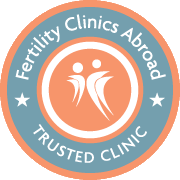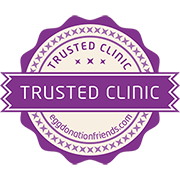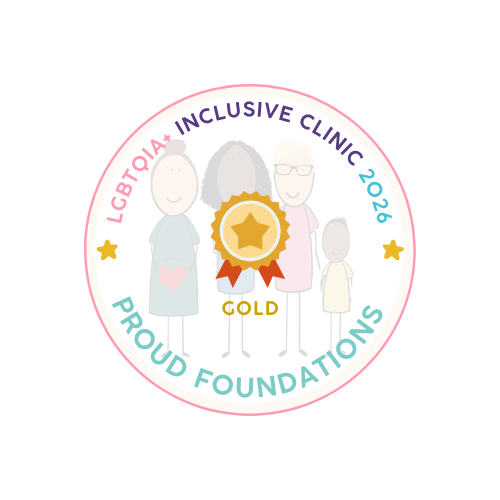One of the most frequent questions received by IVF units is the following:
This has become even more common, nowadays, as women choose to postpone motherhood for academic or career thriving purposes, which usually leads them towards finding a suitable partner later in life.
So why is it so difficult to get pregnant as we age?
The most significant reason for the decline in fertility is due to the percentage of chromosomal abnormalities detected in the embryos created by women of advanced reproductive age. In women aged 20-30, this percentage is 23%, at 35-37 years old it increases to 39%, at 38-39 years old the percentage goes to 55%, at 40-42 years old at 62% and at the age of 43 onwards the percentage increases dramatically, reaching a 77% of chromosomal abnormalities detected.
The second reason for the decline in fertility relies on the numerical underperformance of the ovaries in women above the age of 37. This may not be important if a woman is trying to conceive naturally and is not dealing with any infertility issues, as she will ovulate one egg per month and can perhaps achieve a pregnancy. If, however, a woman is undergoing fertility treatments, a drop in the number of eggs produced automatically minimizes the chances of producing top quality day 5 embryos.
Another factor that finds more and more women distraught in older ages is the high rate of miscarriages due to the increased chromosomal abnormalities, mentioned above. While the rate of miscarriages in women under 30 ranges between 15 to 20%, at the age of 40, it reaches 40 to 50%.
Pregnancy risks also increase by age and women of an older age are at a significantly higher risk of developing preeclampsia, gestational diabetes and other complications. Being healthy and keeping fit may maximize your chances of conceiving and having a healthier pregnancy but unfortunately, this will not overcome the effects of ageing on the ovary.
In the IVF world we have two main options that we can follow to overcome the age effects and assist older women:
- Extend the culture of the embryos to the day 5 developmental stage of the embryo (blastocyst) as studies have shown that 'nature filters' allow a smaller number of embryos with chromosomal abnormalities to reach this stage of development. This is why it is significant to always prefer to transfer blastocyst stage embryos, compared to day 2- day 3 embryos, even in the risk of cancelling an embryo transfer. In women that are older and have a good ovarian reserve (number of available follicles to develop eggs), we can also perform genetic testing on the embryos to selecting the healthy embryos to transfer. Preimplantation genetic testing (PGTA) does however come with risks and these need to be carefully assessed before using on all cases.
- Use eggs from a young healthy dedicated egg donor. By doing so we bypass all age-related fertility issues both related to lower pregnancy rates and also high miscarriage rates. Egg donation can be performed in various ways and therefore it is significant that you are well informed as success rates can vary greatly even with this method.
All cases are different and as professionals we have the obligation to discuss, understand and recommend the best possible solutions for each individual person/couple. Here at Newlife IVF Greece, we can offer the most advanced developed technologies and our experience to find the best option for you to achieve parenthood. For a free video or live consultation please contact us.

Chrysa Karakosta, BSc, MSc
Chrysa is the International Department Director at Newlife IVF Greece, in Thessaloniki Greece.











